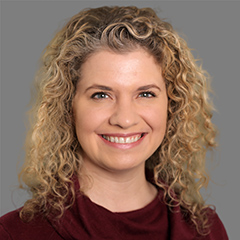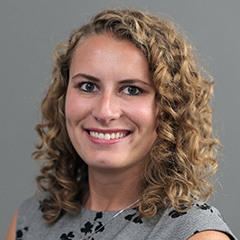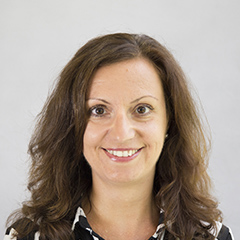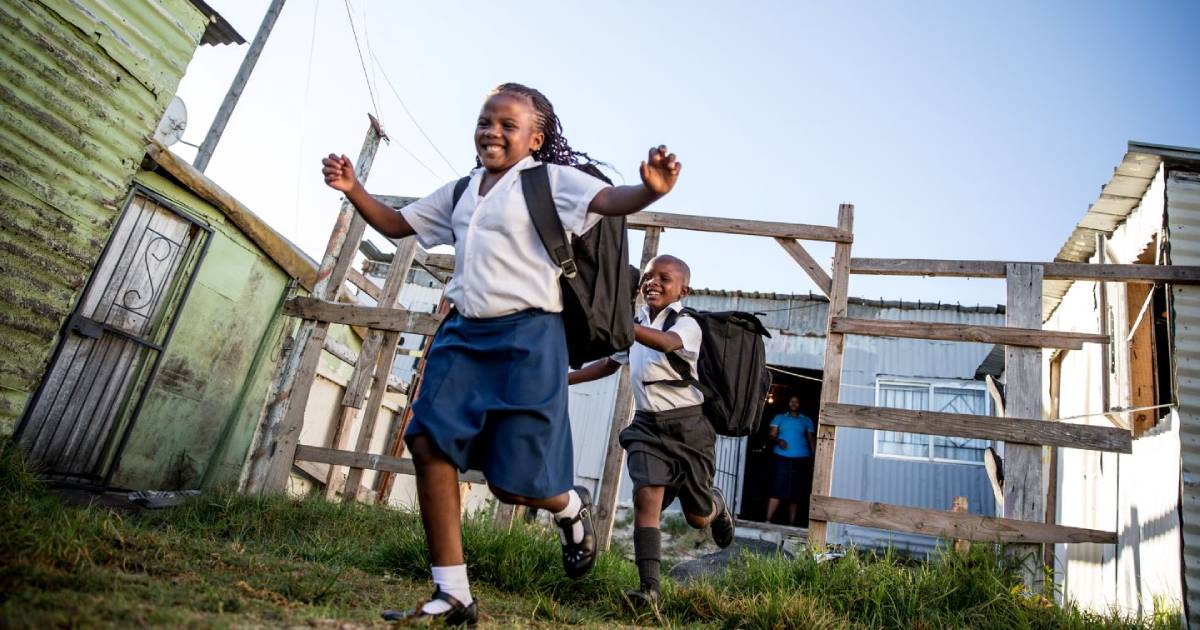Morocco’s consistent economic and political stability has contributed to continuous economic growth and significant poverty reduction over the past decade. Although poverty trends are improving, regional inequality is considerable, with an urban/rural divide in access to public services and economic opportunities.
The Millennium Challenge Corporation and the Government of Morocco signed a second compact in November 2015 to improve economic growth through policy and institutional advancements that address issues related to supply and demand in the labor market. The compact funds two projects, focused on improving secondary education and workforce development. Mathematica is conducting a performance evaluation and an impact evaluation of the Secondary Education Activity. This activity seeks to improve the quality of education to bolster the employability prospects of graduates, giving them skills aligned with the requirements of the modern workforce, and in turn, improving the overall economic growth of the country.
The Millennium Challenge Corporation and the Government of Morocco signed a second compact in November 2015 to improve economic growth through policy and institutional advancements that address issues related to supply and demand in the labor market. The compact funds two projects, focused on improving secondary education and workforce development. Mathematica is conducting a performance evaluation and an impact evaluation of the Secondary Education Activity. This activity seeks to improve the quality of education to bolster the employability prospects of graduates, giving them skills aligned with the requirements of the modern workforce, and in turn, improving the overall economic growth of the country.
The Secondary Education Activity includes three components that seek to improve students’ acquisition of skills that are relevant to the private sector:
(1) The Modele Integre d’Amelioration des Etablissements de l’Enseignement Secondaire (MIAES) is an integrated school-level program to develop school improvement plans that increase education quality and decrease gender and socioeconomic inequities. It aims to build school leadership capacity, improve teacher pedagogical delivery methods and school infrastructure, and build the capacity of regional-level education staff to help effectively implement the school improvement package. In all, 90 to 100 secondary schools across three regions in Morocco will implement this program.
(2) The Student Assessment and Education Management Information Systems (EMIS) component provides support to develop and implement rigorous national and international student assessments. It includes technical assistance to improve the capabilities of the EMIS system. Morocco will implement this component nationwide.
(3) The School Infrastructure and Equipment Operations and Maintenance (O&M) component will see implementation nationwide and includes (1) technical assistance to develop a new approach to school infrastructure development, operations, and maintenance; (2) capacity-building at the regional-level to support O&M activities; and (3) the pilot testing of the use of performance contracts to maintain and operate school infrastructure and information technology.
Mathematica will use a randomized control trial of the MIAES component and an implementation study of all three components to answer research questions. This mixed-methods approach will enable use of both quantitative and qualitative data to strengthen the validity and reliability of the findings.






